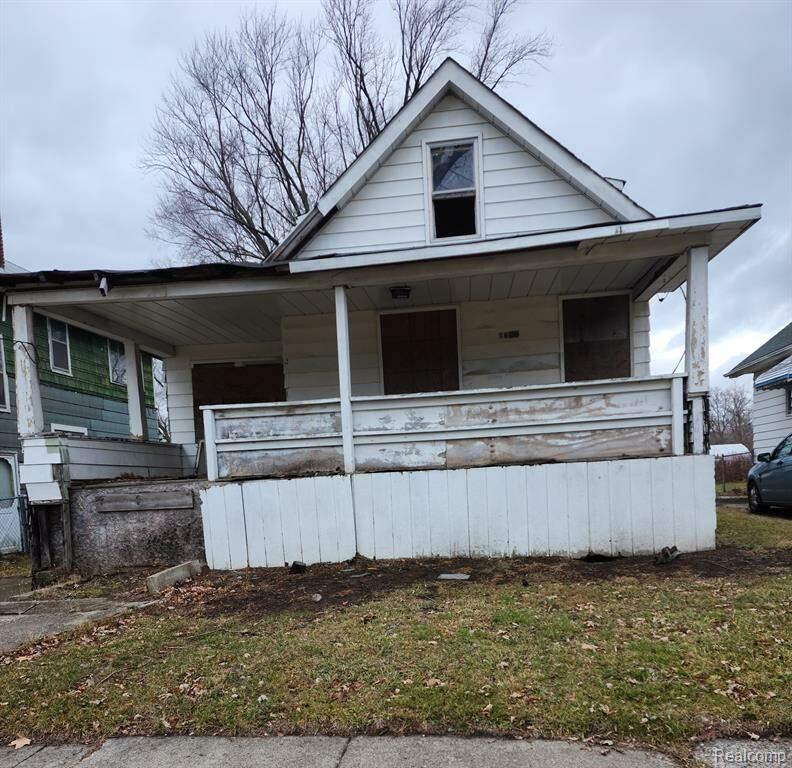Why Does Michigan Seek Rent-Control When Argentina Is Dropping it?
Rent control is not working in New York, but will be emulated in Michigan.

Few ideas are more widely derided among economists than rent control. Government caps on rents or rent increases sound appealing. Who doesn’t love lower apartment prices? But the real-world results are that government-imposed limits mean lower rent for a few, higher housing costs for everyone else, and the creation of slums.
As the Swedish economist Assar Lindbeck said, “In many cases rent control appears to be the most efficient technique presently known to destroy a city — except for bombing.”
This was a lesson learned in Argentina. After a spike in housing costs and shoddy buildings, the country, which elected libertarian economist Javier Milei as president, is making massive public policy changes toward a more free-market direction. One of those changes is in housing policy. As The Wall Street Journal reports, “Argentina scrapped its rent controls. Now the market is thriving.”
BUENOS AIRES—For years, Argentina imposed one of the world’s strictest rent-control laws. It was meant to keep homes such as the stately belle epoque apartments of Buenos Aires affordable, but instead, officials here say, rents soared.
Now, the country’s new president, Javier Milei, has scrapped the rental law, along with most government price controls, in a fiscal experiment that he is conducting to revive South America’s second-biggest economy.
The result: The Argentine capital is undergoing a rental-market boom. Landlords are rushing to put their properties back on the market, with Buenos Aires rental supplies increasing by over 170%. While rents are still up in nominal terms, many renters are getting better deals than ever, with a 40% decline in the real price of rental properties when adjusted for inflation since last October, said Federico González Rouco, an economist at Buenos Aires-based Empiria Consultores.
Michigan is considering going in the other direction by re-establishing rent control. State lawmakers have introduced bills that would allow cities to cap rent and limit rental increases at mobile home parks. Enacting such measures would return Michigan to policies that many cities and states have long gotten rid due to their counterproductive nature.
Many people think the government forcing landlords and mobile home park operators to charge less sounds good. But we’ve seen this one before — it means less investment, which means higher housing costs for shoddier rental properties. Michigan should follow Argentina's example of scrapping government rules in order to increase competition and supply in housing.